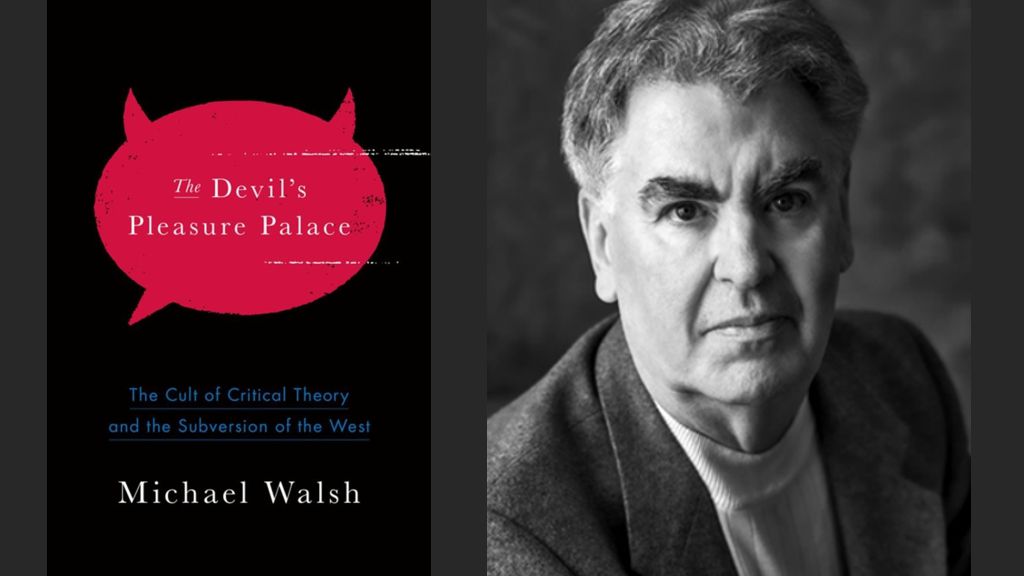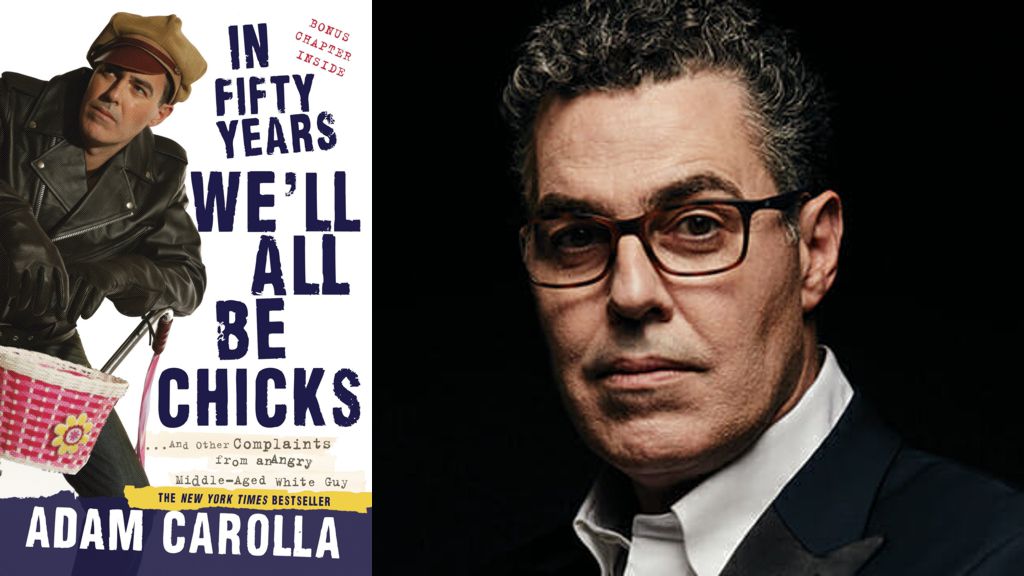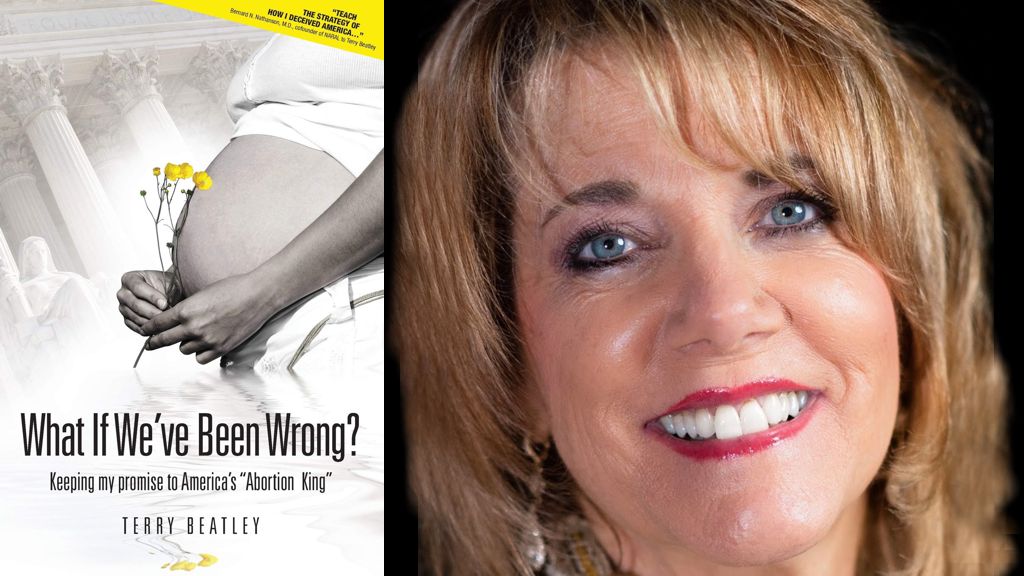In the aftermath of World War II, America stood alone as the world’s premier military power. Yet its martial confidence contrasted vividly with its sense of cultural inferiority. Still looking to a defeated and dispirited Europe for intellectual and artistic guidance, the burgeoning transnational elite in New York and Washington embraced not only the war’s refugees, but many of their ideas as well, and nothing has proven more pernicious than those of the Frankfurt School and its reactionary philosophy of “critical theory.”
In The Devil’s Pleasure Palace, Michael Walsh describes how Critical Theory released a horde of demons into the American psyche. When everything could be questioned, nothing could be real, and the muscular, confident empiricism that had just won the war gave way, in less than a generation, to a central-European nihilism celebrated on college campuses across the United States. Seizing the high ground of academe and the arts, the New Nihilists set about dissolving the bedrock of the country, from patriotism to marriage to the family to military service. They have sown, as Cardinal Bergoglio—now Pope Francis—once wrote of the Devil, “destruction, division, hatred, and calumny,” and all disguised as the search for truth.
The Devil’s Pleasure Palace exposes the overlooked movement that is Critical Theory and explains how it took root in America and, once established and gestated, how it has affected nearly every aspect of American life and society.
About the Author
Michael Walsh is a journalist, author, and screenwriter, whose work includes six novels, seven works of nonfiction, and a hit Disney movie. The former classical music critic of Time magazine, he is now a regular contributor of political and cultural commentary to PJ Media and National Review, and an occasional op-ed columnist for the New York Post. Among his awards are the ASCAP-Deems Taylor Award for distinguished music criticism, in 1979, and the American Books Awards prize for fiction for his gangster novel, And All the Saints, in 2004.







